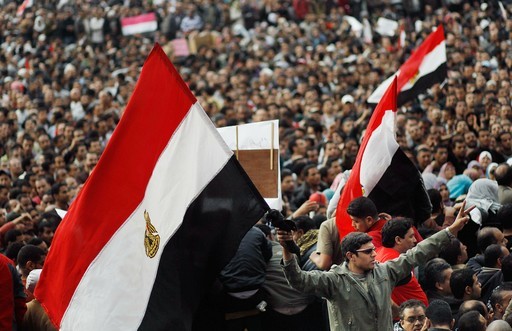Members of Egypt’s Chemicals and Fertilizers Export Council, led by Khaled Abu El-Makarem, will soon meet with the Minister of Investment and Trade to present the council’s plan for increasing the sector’s exports.
On the sidelines of the 36th edition of the Sahara International Agricultural Exhibition, held in Egypt, Chairperson of the Chemicals and Fertilizers Export Council Khaled Abu El-Makarem said that the council organized a buyers’ mission consisting of 50 investors and importers from various countries, including Ghana, Iraq, Kenya, Uganda, India, Oman, Zambia, Tanzania, Jordan, and Tunisia, among others. Additionally, several bilateral meetings with representatives from around the world were arranged in collaboration with Egyptian commercial offices, foreign embassies, and corresponding entities of the council.
Abu El-Makarem stated that the council has requested a meeting with the Minister of Investment and Foreign Trade to discuss the challenges and problems facing the sector’s exports and propose solutions to overcome these obstacles.
He explained that a memorandum has been prepared detailing these issues, with the primary concerns being the availability of industrial land and the prompt issuance of necessary licenses. Additionally, there are problems faced by companies at ports, such as delays in unloading containers in inspection areas, which lead to a backlog of goods. This results in increased financial, production, and administrative burdens on companies, threatening their ability to meet both local and international contracts. There are also delays in receiving export support and rising shipping costs, necessitating the development of a new shipping system not only for Africa but for all global markets.
Abu El-Makarem mentioned that exports from the sector are expected to reach approximately $8.5bn by the end of the current year, representing a growth rate of about 10% compared to the previous year.
He added that the goal is to achieve a growth rate ranging between 15-20% over the coming year, provided that necessary energy for factories is available and foreign currency is provided for importing raw materials and production supplies.
Abu El-Makarem explained that the current year has seen a productivity improvement compared to last year, due to several reasons. Chief among them is that the previous year experienced a decline in production, particularly in fertilizer manufacturing plants, due to gas shortages. This led to an inability to meet commitments to both the local and international markets.
He continued that this year has seen a breakthrough in gas supply, which has helped compensate for 40-50% of the gas supply shortfall experienced by factories last year.
Executive Director of the Chemicals and Fertilizers Export Council, Mohamed Maged, said that Egypt’s fertilizer exports in 2023 reached $2.603bn to 125 countries, representing 33% of the sector’s total exports, which amounted to $8bn in 2023.
The exhibition features several sectors under the council, including fertilizers, pesticides, soil conditioners, agricultural supplies, and irrigation systems, among others.
He added that fertilizer exports in the first half of the current year totalled approximately $1.5bn, with expectations to reach around $2.5-3bn by the end of the year.
He also noted that this year has seen an increase in the number of factories operating in the plastic sector, as well as a shift of several companies from trading to producing compound and organic fertilizers, as well as organic soil conditioners. Additionally, there has been collaboration with UNIDO to support several small and medium-sized enterprises in increasing their production capacity and transitioning to export, as well as directing them towards green production by converting organic waste into fertilizers and energy (biodiesel and biogas).



